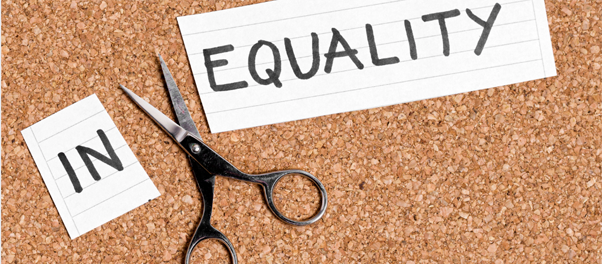Values-Based Action
Good Morning. Today’s practice involves sitting quietly and reading today’s post or listening as someone else reads it. A brief practice follows, but listening is really the goal today.
I recently read some very interesting research on mindfulness. All of you who have been reading these mindfulness blasts have probably heard more than you might have liked about all the benefits afforded to your physical health, mood, productivity, etc…from a regular mindfulness practice. The research today is a little bit different, it points to why we benefit from regular mindfulness practice. Regular mindfulness practice has been shown to increase values-based action. What is this you say? It is a term coined by practitioners and researchers, defined as follows:
Values-based action reflects how much progress you’re making toward the things that matter to you—your goals, self-improvement, and purpose in life—and how much you get distracted or discouraged along the way.
For medical professionals, one of the sources of burn-out is moral distress—when professionals are tasked with doing things in conflict with what they believe to be ethically correct.
There is evidence that leaders in organizations who clarify their own values and operate consistently from those values are more respected and inspirational. Those who say what they do and do what they say are good, trustworthy leaders. A value may be “we make quality goods.” Moreover, leaders who have clear values for their organization and support people in acting on those values allow those in the organization to share in the vision and then all their work becomes value-based action. This increases morale and a sense of cohesion.
Values-based action is not just “being a good leader or being a good person.” It can be, if that is your goal. Rather, it is living life authentically. Having your own goals, being aware of them, believing they are possible—and this is the important part—making progress towards those goals is values-based action. For some people, this can mean finishing their education, for others being a good friend, and for others being a good caretaker for the environment. It might be committing to an exercise program and becoming more healthy. In other words, values-based action is moving towards anything that you deem to have value in your life. Here’s the interesting part, those who practice mindfulness appear to have greater clarity on values and more actual movement towards their goals and this is one of the reasons mindfulness contributes to overall well-being. That’s the upshot of this are of research.
We think of mindfulness as offering stress relief, but the research shows that stress reduction can prevent burn-out and lethargy, but it can’t correct for acting in ways that make you feel badly about yourself. Moral distress in your work or your personal life creates an endless loop of stress and negative emotions it can be hard to get relief from.
One of the things I do in my professional life is to teach professionals how to implement dialectical behavior therapy (DBT), a kind of cognitive behavioral treatment. Mindfulness features prominently in this treatment. People need mindfulness to restore from stress and past trauma and to be able to pay attention so they can learn new things. But the overarching goal of DBT is to help clients identify, believe in, and move closer to their own goals. The goal is not symptom reduction, or improving mood—the goal is to get the kind of life that brings one satisfaction—to live authentically. Doing this naturally elevates mood and creates a sense of well-being.
One of the unintended consequences of this unique period in history is that it affords us the time to reflect, to practice mindfulness as we struggle to restructure our days that have lost their routines, and to confront emotionally difficult situations. It allows us to “see what we are made of.”
Thank you for listening a bit about values. Now how this connects to the things we have been practicing. I think of wise mind as forming our goals…the path for where we would like to be. We need to be aware of many things to choose the path that is right for us—for goals big and small. Radical acceptance helps us to sit with where and who we are in the present moment without judging ourselves or becoming too upset. Intention is the practice of staying focused on our goals and acting in each moment thoughtfully and carefully so that we move in the direction of actualizing our goals.
Today’s practice is to sit comfortably, to breathe in the manner we have been practicing, full deep breaths, noticing when the breath is full, noticing transition to exhale, extending exhale. By now, if you have been practicing, this may begin to feel automatic. So when you feel you are in a rhythm of breath, consider the task of having values-based goals for yourself. Some of you may have the goals clearly identified, others may need to find them, or re-identify them. Some may be doubtful you can achieve anything or may be judging yourself. In each case, just breathe. Practice awareness of goals. Play around with goals and visioning what your life would be like if you picked a course and went towards it…if you feel badly about yourself, then this practice requires self-compassion, do not judge yourself…be kind to yourself. Perhaps you just need thoughtful action. What do you need to do in order to become closer to the goals or to move just a tiny bit. Continue to breathe for as long as you like, but for at least three minutes. End by setting an intention of awareness. Try to find and keep in your mind important goals. In each moment today, consider what would move you closer to your authentic self. When you move towards your truest goals, you increase satisfaction and a sense of well-being and possibilities.
FYI
https://greatergood.berkeley.edu/article/item/can_mindfulness_help_you_be_more_authentic
I wish you a wise action-filled day!
Michele
























